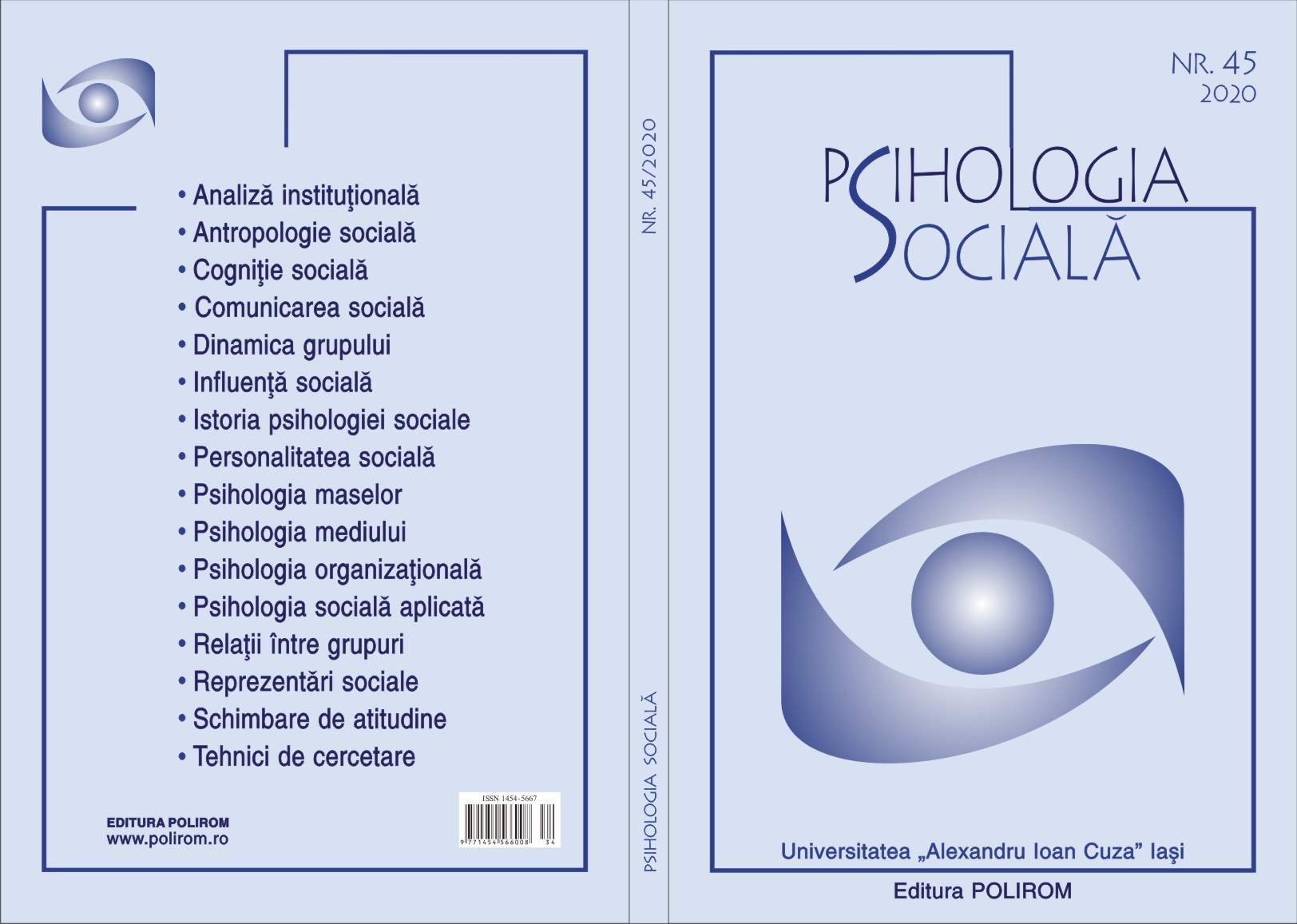Social sciences as utopias
Social sciences as utopias
Author(s): Liliana DeyanovaSubject(s): Social Sciences, Psychology, Social psychology and group interaction
Published by: EDITURA POLIROM S.A.
Keywords: utopias; scale of values; Bourdieu; illusio; B. Latour; Tarde‑Durkheim debate; G. Tard’s two fictional works; expertise and critique; time‑place or utopia;
Summary/Abstract: This article is about the tension between value neutrality and commitment to the social sciences at times of radical transformations of the scientific field – not about tension as such, but about the tension that is around and within us. The problem of science as a vocation as well as of science, which is in danger, and for that reason is becoming dangerous, that is, of the autonomy and heteronomy of the scientific field, has been examined not just by Max Weber and Pierre Bourdieu. But their conceptions of the scale of values and of the scientific illusio in the sociological field are the starting point for the cluster of meanings of utopias (a term in the title of this text which was written at a time when the scale of values with which we conducted our value‑free research is changing before our eyes) outlined at the beginning of this article. Although my numerous empirical studies, and especially those on think tank institutions and their autonomous‑heteronomous expertise (but of course not “conspiracy”) are the background to this article, it is only an account (an illustrative, not a systematic account) of some old – and not so old – classical debates (between Bruno Latour and Pierre Bourdieu, and between Gabriel Tarde and Emile Durkheim). Latour’s return to the “precursor”, Tarde, is a stake in direct battles in a research field that is undergoing transformation. (Critical sociology, especially that of Pierre Bourdieu, is accused of “confusing social theory with conspiracy theory”.) In a similar way, the famous 1903 debate between Tarde and Durkheim was a clash not just between two opposite views about how we should understand “the fundamental principle of sociology: the objective reality of social facts”, but between two incommensurable views on society at that time. For every classical theory is also a utopia of society, a utopia of the role of universities and of the vocation of scientists. Thus, my hypothesis is that by revisiting these old (and not so old) debates and understanding the classic arguments of the respective incommensurable sociological traditions, one can also gain a better understanding of the present‑day incommensurable notions of expertise and critique, a better understanding of our opposite views on the academic field, which is being just as radically redefined. I have chosen a roundabout way to think of the contradictions of heritage – moreover, not just of scientific legacies but, as it turned out, to think also of the sociological utopias of the society we are yet to live in.
Journal: Psihologia socială
- Issue Year: 2/2020
- Issue No: 46
- Page Range: 75-87
- Page Count: 13
- Language: English
- Content File-PDF

